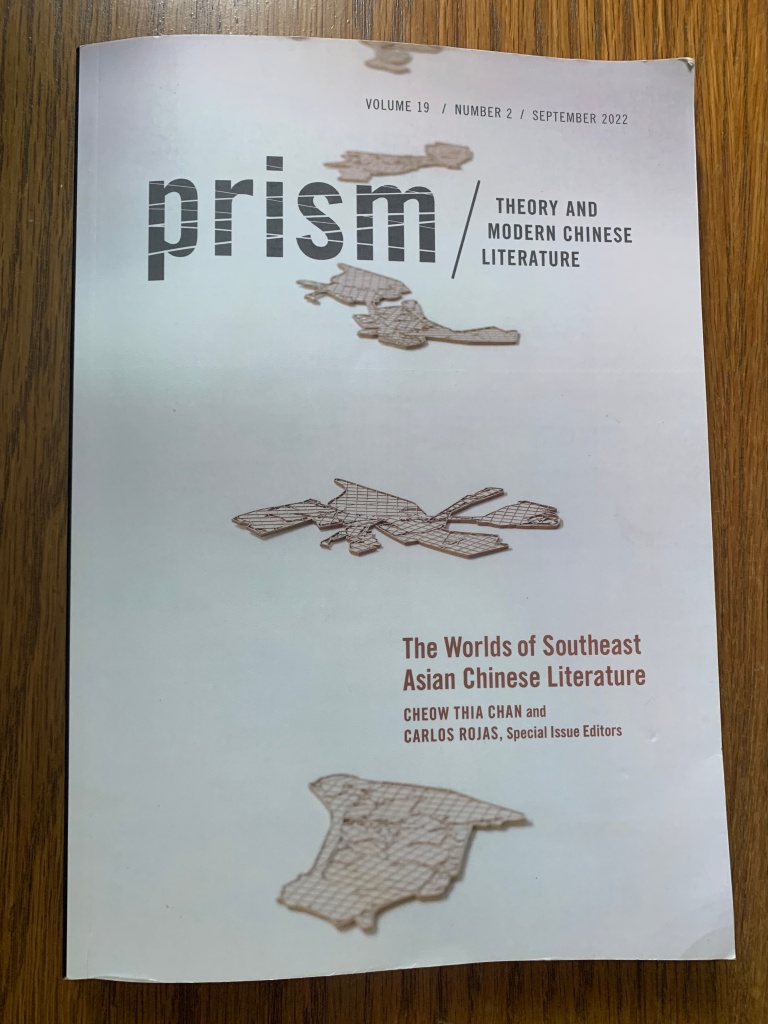Song of the Dragon Well Tea was the first academic/literary translation project that I’ve had the chance to work on after graduating in 2019. The piece was a play written by Qing literati Wang Wenzhi (1730-1802), under the commission of the Qing Court ahead of the Qianlong emperor’s visit to Hangzhou. The original Chinese source text was based on the version recorded in Tenghuating shiwu zhong, and has to be punctuated before translation.《龍井茶歌》是我19年畢業後有幸參與的第一個學術/文學類的翻譯項目。這齣戲劇由清代文人王文治(1730-1802)受命委約而作,以迎接乾隆皇帝南巡杭州之行。中文原文使用了清道光《籘花亭十五種本》裡的無斷句版本。
Super grateful to Prof Tan Tian Yuan for this generous opportunity to co-translate the work together, and for his guidance and advice – this project was also my first sneak peak into the rigour, attention to detail, and demand for pre-translation research that goes behind understanding the source text, all of which have influenced my approach towards subsequent translation works. 在此非常感謝陳靝沅教授能給我參與這個翻譯項目的機會和耐心指導!正是這次機會讓我藉機窺探到文學翻譯前所需要做的調查量、對細節的深究和嚴謹程度,而這些都深深影響了我之後解讀翻譯原文的方式。
This translation is published in the book A Topsy-Turvy World: Short Plays and Farces from the Ming and Qing Dynasties (edited and introduced by Wilt L. Idema, Wai-yee Li, and Stephen H. West), a wonderful collection of English translations of the lesser-known Ming/Qing short plays, which shed light on the daily lives of Chinese and belief system. 本篇翻譯收在A Topsy-Turvy World: Short Plays and Farces from the Ming and Qing Dynasties (伊维德、李惠儀、奚如谷編),裡面也同時收錄了多篇較為少見的明清短劇的英譯本,以從中展現古人的日常生活和信仰習俗。
The full version and book can be ordered from the Columbia University Press. the full digitalised and punctuated Chinese source text could be seen on TEXTCOURT, a project that develops a digital archive of Chinese court drama texts。全文和書均可以在哥倫比亞大學出版社網站購買。《龍井茶歌》中文原文在 TEXTCOURT (明清宮廷戲劇文本數碼化研究項目)閱讀。









